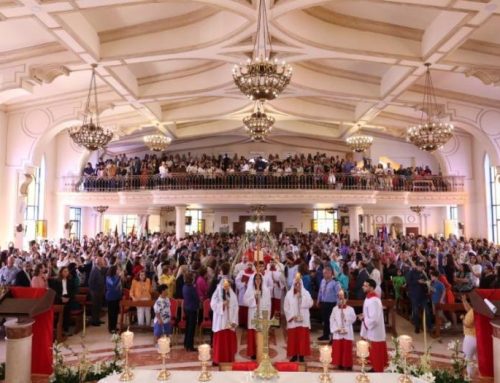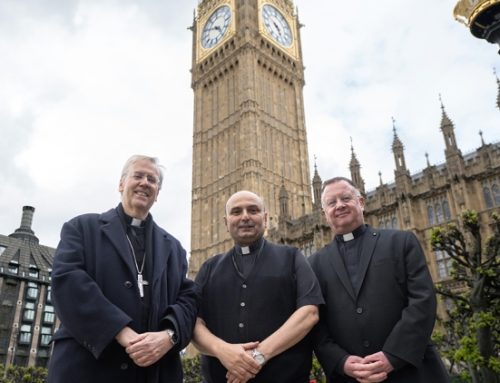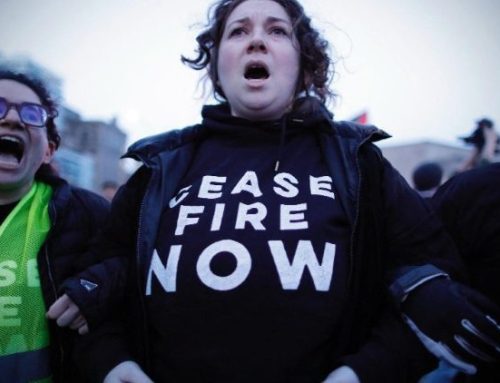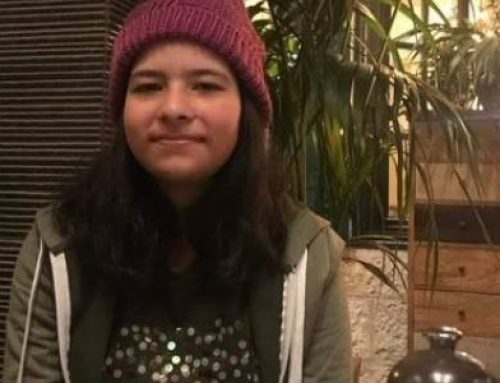
On Friday, February 7, 2014, a plenary session of the Holy See-Palestine Commission, entrusted with developing the Global Agreement set in place since it was signed on February 15, 2000. Led by Mr. Hanna Amireh, Head of the Department of Religious Affairs of the Palestinian government and by Monsignor Antoine Camilleri, Assistant Secretary for relation with States, the work was examined and approved by a joint technical group after the last plenary session, held in the Vatican the September 26, 2013.
The discussions took place in a “cordial and constructive” atmosphere, as reported in a statement released Friday. The Commission addressed the issues already examined by the joint technical group and noted “with satisfaction the progress made” in the drafting of the final document of the agreement, which addresses “fundamental aspects of the life and activities of the Catholic Church in Palestine.”
It was decided to continue the effort to integrate the constitutional procedures required for the signing of the Global Agreement.
This global agreement, the drafting of which is in progress, fits into the continuity of the first fundamental agreement signed on February 15, 2000 in Rome, at the end of a meeting between Pope John Paul II and Yasser Arafat, the then President of the Palestinian Authority. This first agreement legally recognized the presence of the Catholic Church in the Palestinian Territories. It also echoed the deep awareness of the special significance of the Holy Land as a privileged place for interfaith dialogue among the followers of the three monotheistic religions and reaffirmed the need to achieve a just and total peace in the Middle East, so that all its people can live as good neighbors and work for its development and prosperity. With regard to the peaceful settlement of the Israeli-Palestinian conflict, this first basic agreement also listed in its preamble the guarantees required for Jerusalem at the international level: freedom of religion and conscience for all; equality before the law for all three monotheistic religions, their institutions and their followers in the City; proper identity and sacred character of the City and its cultural and religious heritage, whose meaning is universal; freedom of access to the Holy Places therein, and the practice of their faith; and finally, the system of the status quo in those places where it applies.
At the end of the session this Thursday, the Palestinian Authority had the opportunity to renew their warm welcome to the Holy Father, who is about to visit the Holy Land in May.
Myriam Ambroselli
Source: Vatican Information Service





